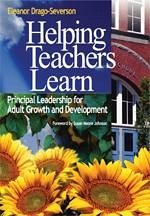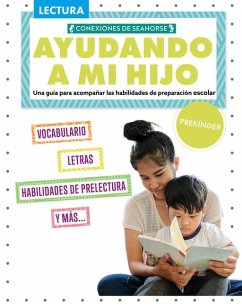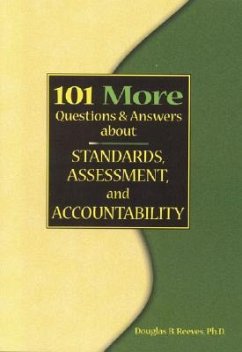Ellie Drago-Severson is Professor of Education Leadership and Adult Learning and Leadership at Teachers College, Columbia University. A developmental psychologist, Ellie teaches, conducts research, and serves as a consultant to school and district leaders, systems leaders, and teacher leaders in public, charter and private schools and systems-on professional and personal growth and learning; leadership that supports principal, teacher, school, and leadership development; and coaching and mentoring in K-12 schools, university settings, and other adult education contexts domestically and internationally. She is also an internationally certified developmental coach who works with leaders to build internal capacity, lead on behalf of social justice, and grow systemwide capacity. For more than three decades, Ellie's research, teaching, and partnerships in the field have sought-synergistically-to explore, and extend the possibilities of adult development and developmental leadership as levers for internal capacity building at the individual, team, organizational, and societal levels. Her work explores interconnected streams that focus on: the connection between internal capacities and educational leaders' practice on behalf of social justice, a developmental approach to feedback for growth, pressing challenges national and international educational leaders are facing and helping them to manage them, leadership preparation and development, a new, learning-oriented model for leadership development, supporting adult development in individuals and teams across and within systems, supporting diverse adult English Language Learners and those who serve them, and growing teacher leadership. Consonant with the urgent conversations about transforming schools, systems, and society as more learning- and equity-oriented contexts, her work foregrounds how we can support leaders' internal capacity building in schools, organizations, and leadership preparation programs, and how these capacities inform the gifts leaders are able to give to those in their care, each other, and the world as they lead for social justice. Ellie loves opportunities to accompany school leaders in their vital work-and never takes it for granted. Instead, she considers it a gift. At Teachers College, Ellie is director of the PhD Program in Educational Leadership, teaches aspiring and practicing principals in the Summer Principals Academy, aspiring superintendents in the Urban Educators Leaders Program, leaders from a variety of different sectors in the Accelerated Educational Guided Inquiry Studies (AEGIS) Program, and also coaches leaders in the Cahn Fellows Program for Distinguished Leaders and in her private coaching practice to help leaders grow their practice and themselves. She also serves as faculty director and co-facilitator of the Leadership Institute for School Change at Teachers College. Ellie is author of the best-selling books Helping Teachers Learn (Corwin, 2004) and Leading Adult Learning (Corwin/The National Staff Development Council, 2009)-as well as Becoming Adult Learners (Teachers College Press, 2004) and Helping Educators Grow (Harvard Education Press, 2012). She is also a co-author of Learning for Leadership (Corwin, 2013), Learning Designs (Learning Forward & Corwin, 2014), Tell Me So I Can Hear You (Harvard Education Press, 2016), and Leading change together (ASCD, 2018). Ellie's work has earned awards from the Spencer Foundation, the Klingenstein Foundation, and Harvard, where she served on faculty for 8 years and was awarded the Morningstar Award for Excellence in Teaching and the Dean's award for Excellent in Teaching. Most recently, Ellie received three outstanding teaching awards from Columbia University. She has earned degrees from Long Island University (BA) and Harvard University (EdM, EdD and Post-Doctoral Fellowship). Ellie grew up in the Bronx and is very grateful for the way in which it and that community has shaped her life.












